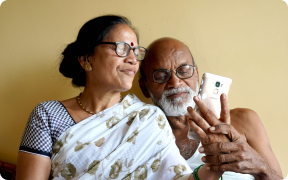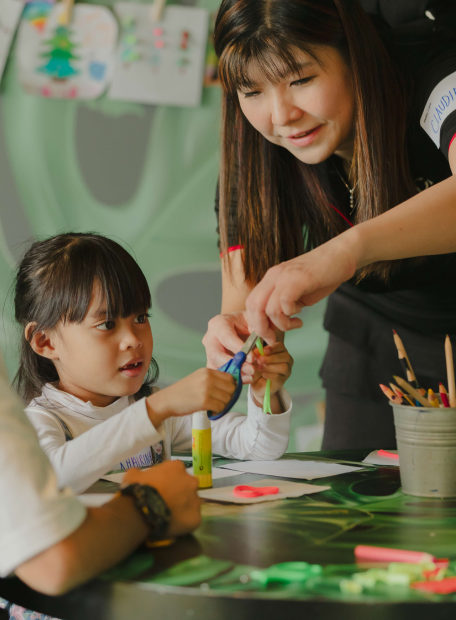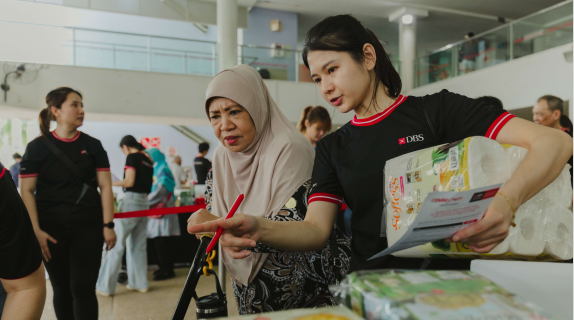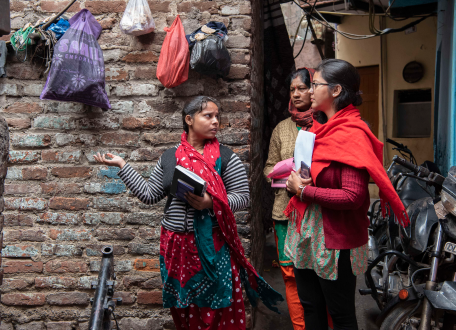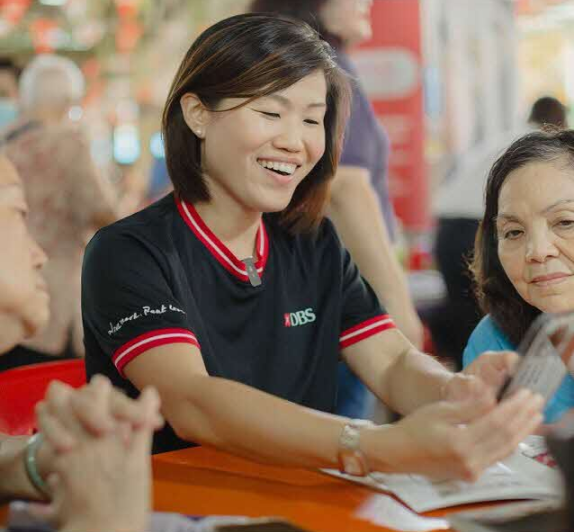Our vision
Uplifting the Lives and Livelihoods of Those in Need
At DBS Foundation, we are committed to supporting vulnerable communities so that those with the fewest resources are not denied the opportunity to improve their circumstances and face the future with confidence.
With a commitment of up to SGD 1 billion and 1.5 million volunteer hours over the next 10 years, we contribute to creating a world where every individual and every community has the opportunity to thrive.

SCROLL DOWN

